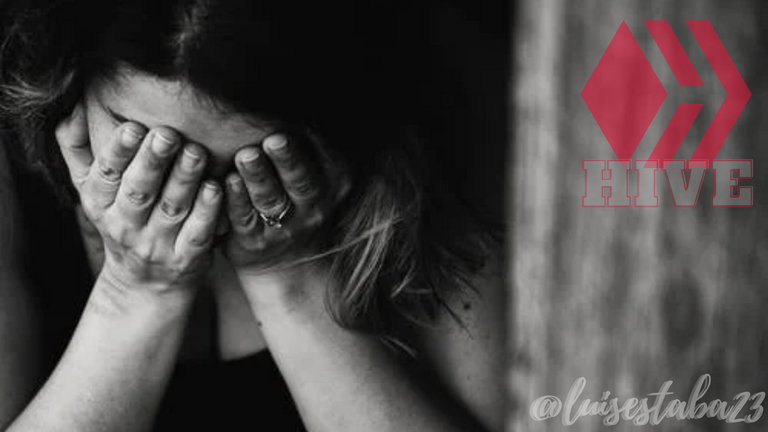
El miedo a la oscuridad o nictofobia es una de las fobias más frecuentes que hay. La vida de muchas personas se ve afectada debido a esto. Ya que hay quienes le tienen cierto nivel razonable de miedo, mientras que otras personas llegan a paralizarse debido a esto.
La nictofobia es algo por lo que todos hemos pasado ya que este temor a la oscuridad se desarrolla a partir de los 2 años de edad. Esta fobia a medida que pasa el tiempo va aminorando lentamente en la mayoría de los casos. Y aunque este miedo normalmente se supera cerca o a finales de la adolescencia hay personas quienes aun de adultos padecen de este miedo, lo cual puede afectarlos severamente.

¿Cómo saber cuándo la nictofobia deja de ser normal y se vuelve irracional?
La verdad es que no hay una respuesta concreta a esta pregunta. Ya que si bien esta fobia es más común en los infantes, en los adultos que persiste hay un nivel de normalidad en cuanto al miedo. Cuando este pasa a ser pánico se puede saber por los siguientes síntomas: Aumento del ritmo cardiaco, sudoración, vómitos, mareos, parálisis momentánea y bloqueo mental.
Estos síntomas son los más comunes, pero no por ello deben ser estos exactos ya que cada persona piensa diferente puede manifestar la nictofobia de manera diferente ya que esto viene de nuestra mente.
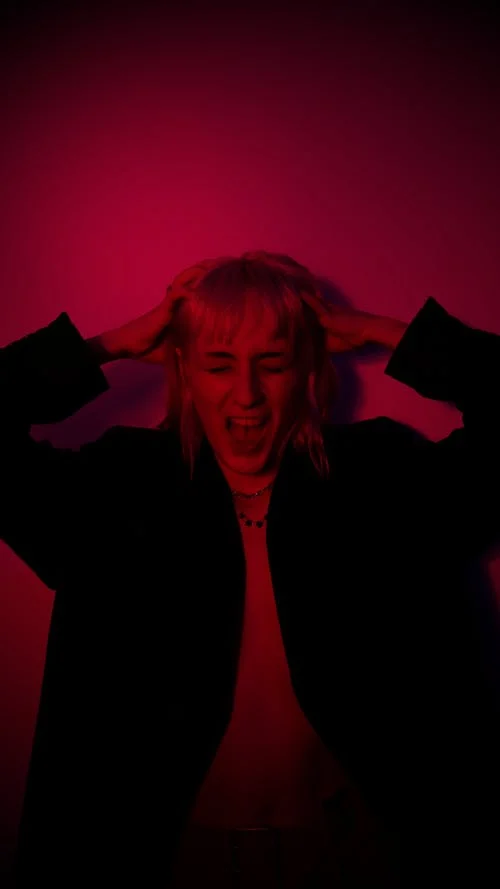

Pero ¿Porque todos alguna vez le hemos temido a la oscuridad?
Para esta pregunta no hay una única respuesta. Ya que hay varias especulaciones sobre cuál puede ser el motivo de esta fobia. Entre los investigadores más destacados de esta fobia se encuentra Sigmund Freud, más conocido como el padre del psicoanálisis moderno, el cual planteó que:
El miedo a la oscuridad es producido por un desorden de ansiedad debido a la separación. Ya sea de alguno de los padres, cualquier otro familiar cercano o importante, una pareja o un amigo.
De todas las teorías y especulaciones, las dos más coherentes para mi son:
Está relacionada con otras fobias como la autofobia (miedo a estar solo), la coulrofobia (miedo a los payasos) y la bugifobia (miedo a las leyendas y los relatos sobrenaturales). Ya sea que tengas una o más de estas fobias la oscuridad se vuelve un lienzo en blanco para que estos otros miedos se aparezcan con todo su esplendor.

Debido a que los humanos no estamos adaptados para ver en la oscuridad a diferencia de otros predadores somos vulnerables a cualquier ataque estando en penumbras y debido a esto el cerebro viene programado para temerle a la oscuridad como medida evolutiva.
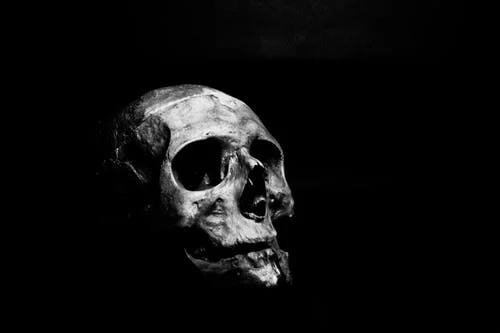

¿Cómo superar el miedo a la oscuridad después de la adolescencia?
Bueno, no puede aplicarse la misma solución a todos los casos ya que no existe algo como la solución definitiva, pero hay varios métodos que se pueden probar antes de recurrir a un experto.
Descarga de responsabilidad: Si su fobia es muy grande o irracional lo mejor es ir con un profesional, incluso si desea emplear estos métodos debe estar bajo la vigilancia de alguien que sepa que hacer en caso de una reacción o situación adversa.
• Inmersión total: puede probar con adentrarse en un lugar oscuro y tratar de mantener la clama por un periodo de tiempo considerable, así se desensibilizara poco a poco.
• Inmersión parcial: Funciona igual que el método anterior pero en lugar de ser un lugar totalmente oscuro comienza en un lugar con más luz y se va oscureciendo más a medida que avance. Esto lo ayudara a aceptar más rápido la idea de que la oscuridad no siempre representa peligro.
• Comodidad progresiva: realice una actividad que le guste mucho en un lugar con poca luz. Esto hará que se sienta cómodo y se olvide por completo de las causas de su miedo.
A mí personalmente me funciono saber que el miedo a la oscuridad se debía a nuestro temor por lo desconocido. Eso y los incesantes cortes de luz que hay casi a diario. Desde entonces disfruto de la oscuridad. A menos que sea por un corte eléctrico. Ya que en ella puedo pensar y reflexionar con más calma y se tiene una sensación de privacidad única.
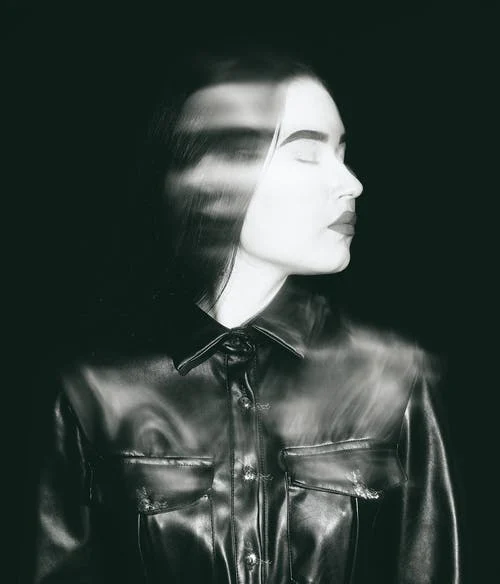
¿Y ustedes ya sabían esto? ¿Conocen a alguien con un miedo irracional a la oscuridad? ¿Cuál es su relación actual con la oscuridad? ¿La odian? ¿La aman? Déjenme las respuestas en los comentarios.
Fuentes: Información
Imágenes sacadas de Pexels.com
Edición de imágenes hecha en Canva
Traducido en DeepL
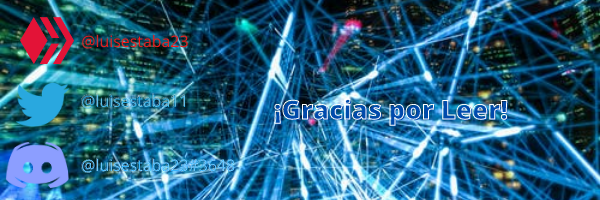


Fear of the dark or nyctophobia is one of the most common phobias out there. Many people's lives are affected by it. Some people have a reasonable level of fear, while others become paralyzed because of it.
Nictophobia is something we have all gone through as this fear of the dark develops from the age of 2 years old. This phobia as time goes by slowly lessens in most cases. And although this fear is usually overcome near or at the end of adolescence there are people who even as adults suffer from this fear, which can affect them severely.

How do you know when nyctophobia stops being normal and becomes irrational?
The truth is that there is no concrete answer to this question. Although this phobia is more common in infants, in adults there is a level of normality in terms of fear that persists. When it becomes panic you can tell by the following symptoms: increased heart rate, sweating, vomiting, dizziness, dizziness, momentary paralysis and mental block.
These symptoms are the most common, but this does not mean that these symptoms should be exact, since each person thinks differently can manifest nictophobia in a different way, since this comes from our mind.


But why have we all ever been afraid of the dark?
For this question there is no single answer. Since there are several speculations as to what may be the reason for this phobia. Among the most prominent researchers of this phobia is Sigmund Freud, better known as the father of modern psychoanalysis, who stated that:
Fear of the dark is produced by an anxiety disorder due to separation. Whether it is from a parent, any other close or important family member, a partner or a friend.
Of all the theories and speculations, the two most coherent to me are:
It is related to other phobias such as autophobia (fear of being alone), coulrophobia (fear of clowns) and bugiphobia (fear of legends and supernatural stories). Whether you have one or more of these phobias the darkness becomes a blank canvas for these other fears to appear in all their glory.

Because humans are not adapted to see in the dark unlike other predators we are vulnerable to any attack while in the dark and because of this the brain is programmed to fear the dark as an evolutionary measure.


How to overcome fear of the dark after adolescence?
Well, the same solution cannot be applied to all cases as there is no such thing as the ultimate solution, but there are several methods that can be tried before resorting to an expert.
Discharge of responsibility: If your phobia is very big or irrational it is best to go to a professional, even if you want to use these methods you should be under the supervision of someone who knows what to do in case of an adverse reaction or situation.
- Total immersion**: you can try to go into a dark place and try to keep the clam for a considerable period of time, so you will be desensitized little by little.
- Partial immersion**: This works the same as the previous method but instead of a totally dark place, start in a place with more light and get darker as you go. This will help you to accept more quickly the idea that darkness does not always represent danger.
- Progressive comfort:** Do an activity that you really enjoy in a place with low light. This will make him feel comfortable and completely forget the causes of his fear.
It worked for me personally to know that my fear of the dark was due to our fear of the unknown. That and the incessant power outages almost every day. Since then I enjoy the dark. Unless it is because of a power outage. Because in it I can think and reflect more calmly and there is a unique sense of privacy.

And you already knew this? Do you know someone with an irrational fear of darkness? What is your current relationship with darkness? Do you hate it? Do you love it? Leave me the answers in the comments.
Sources: Information
Images taken from Pexels.com
Image editing done in Canva
Translated at DeepL
